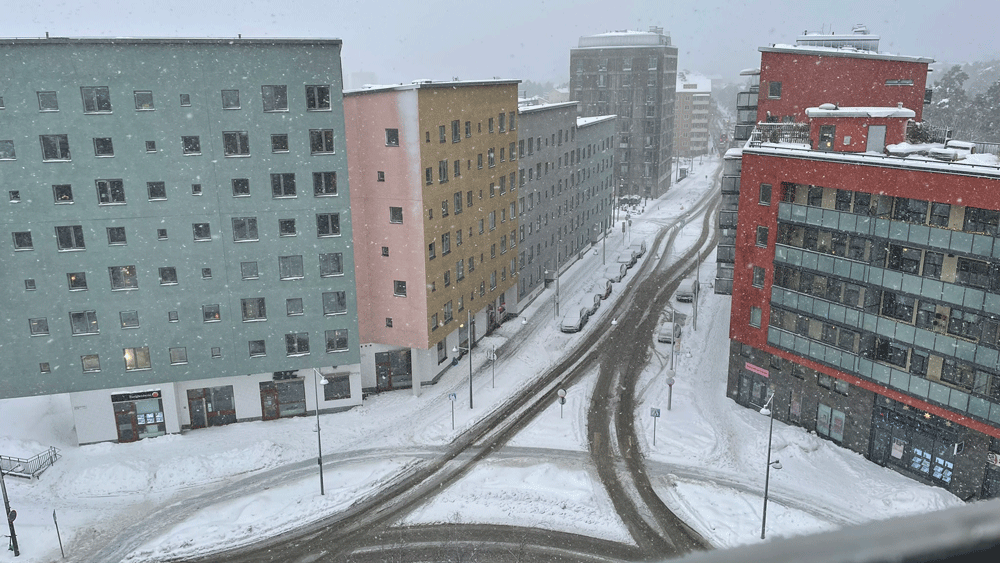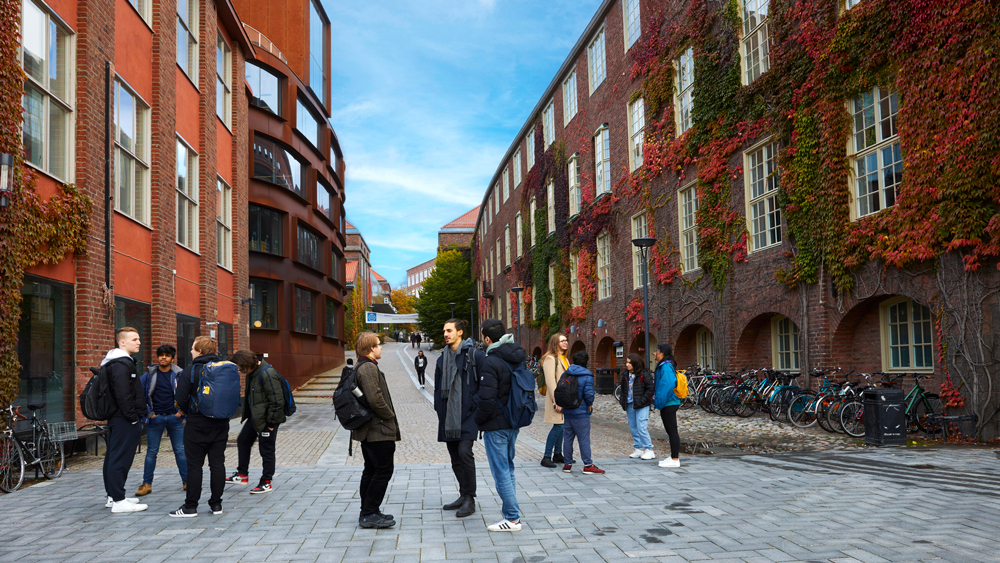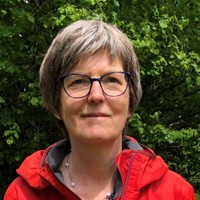In English further down.
Dags att ladda om ingenjörskapet
Nu har jag varit vice GA i en termin. Det har varit ganska rörigt att få koll på alla instanser, arbetsgrupper, nämnder, programkontor och kvalitetssystem som löper kors och tvärs – på kursnivå, i utbildningar och i utbildningsutbudet. Allt detta dessutom i en mängd olika dimensioner som hållbar utveckling (inklusive jämställdhet, mångfald och likabehandling), söktryck, genomströmning, studentservice, studiemiljö, studentinflytande, åtgärdsplaner, särskild behörighet… ja, listan kan göras lång.
Jag forskar inom komplexa sociotekniska system, och där är det sällan tekniken som gör något komplext. Det är den mänskliga komponenten och sociala aspekterna och processerna som styr beteenden hos individer, grupper och organisationer – som driver komplexiteten. I komplexa sociala och omedgörliga problem existerar flera upplevelser av verkligheten samtidigt. I varje gruppering jag deltagit i under hösten har alla haft sina egna världsbilder, vilket är helt mänskligt. Och det är väl också det som gör det kul!
I min världsbild saknas ändå ett par dimensioner i kvalitetsdiskussionerna på KTH. Den första är: Vad gör en ingenjör?
Jag har skapat ett moment i en introduktionskurs i CITEH-programmet med just den titeln. Där får teknologerna hålla en kort presentation om varför de valde att bli ingenjörer, och därefter intervjuar de en ingenjör och redovisar för gruppen. Det visar sig att ingenjörer förstås gör en mängd olika saker. Men då uppstår nästa fråga: Vad gör en bra ingenjör? Och då tänker jag inte på arbetsplatsen, utan: vad i våra utbildningar gör en ingenjör bra?
Allt det ovan nämnda bidrar säkert. Men har vi pratat tillräckligt mycket om ingenjörsmässighet? Vad betyder det för en ingenjör på KTH i stort – eller på ITM?
En sak studenterna nästan alltid frågar de ingenjörer de intervjuar är om de använder matten från utbildningen. Och svaren blir typiskt: “Nej, nej… jag har inte räknat sedan sista tentan.”
Nu är jag kanske ute på hal is när jag påstår att matteblocket i våra äldsta program i princip sett likadant ut i 100 år. Men kanske är det dags att kritiskt utvärdera hur det integreras i program och kurser? Är det absolut nödvändigt för varje ingenjör att ha denna matte? Är det där vi tränar ingenjörsmässighet? Eller har vi detta av något annat relevant skäl? Är det kanske läge att introducera och tillämpa det på nya sätt?
Den andra dimensionen är: Vad är kvalitet?
Det återkommer jag till i ett annat blogginlägg.
Under våren kommer vi att rikta resurser och undersöka hur vi kan förstå vad vi menar med ingenjörsmässighet och hur progressionen ser ut i våra program och kurser. Jag ser framför mig många världsbilder – och spänstiga, konstruktiva och roliga diskussioner!
/Pernilla Ulfvengren, vice grundutbildningsansvarig på ITM-skolan
Time to reboot engineering competence
I’ve now been Deputy GA for one term. It has been quite a challenge to get an overview of all the committees, working groups, boards, programme offices and quality systems that run in every possible direction – at course level, across programmes, and throughout the programme portfolio. All of this also spans a wide range of dimensions, such as sustainable development (including gender equality, diversity and equal treatment), application pressure, throughput, student services, study environment, student influence, action plans, specific entry requirements… the list goes on.
I conduct research on complex socio‑technical systems, and in such systems it is rarely the technology that creates complexity. It is the human component – the social aspects and processes that shape behaviours among individuals, groups and organisations – that drives complexity. In complex social and intractable problems, multiple perceptions of reality coexist. In every group I’ve taken part in this autumn, everyone has brought their own worldview, which is entirely human. And in many ways, that’s what makes it fun!
In my own worldview, however, a couple of dimensions are missing from the quality discussions at KTH. The first is: What does an engineer do?
I’ve developed a module in an introductory course in the CITEH programme with exactly that title. The students first give a short presentation on why they chose to become engineers, and then they interview an engineer and report back to the group. Unsurprisingly, engineers do a wide variety of things. But this naturally leads to the next question: What makes a good engineer? And I don’t mean in the workplace, but rather: what elements in our education actually make a good engineer?
All of the aspects mentioned above undoubtedly contribute. But have we talked enough about engineering competence, or ingenjörsmässighet? What does it mean for an engineer at KTH as a whole – or within ITM?
One thing students almost always ask the engineers they interview is whether they use the mathematics from their studies. And the answer is typically: “No, no… I haven’t done any calculations since my last exam.”
I may be stepping out onto thin ice when I say that the mathematics block in our oldest programmes has looked essentially the same for roughly a hundred years. But perhaps it is time to critically evaluate how it is integrated into programmes and courses? Is it absolutely necessary for every engineer to have this maths? Is this where we train engineering skills? Or do we have this for some other relevant reason? Is it perhaps time to introduce and apply it in new ways?
The second dimension is: What is quality?
I’ll return to that in another blog post.
During the spring, we will allocate resources and explore how we can better understand what we mean by engineering competence, and how progression is manifested across our programmes and courses. I foresee many different worldviews – along with lively, constructive and enjoyable discussions!
/Pernilla Ulfvengren, Deputy Head of First and Second Cycle Education at ITM



